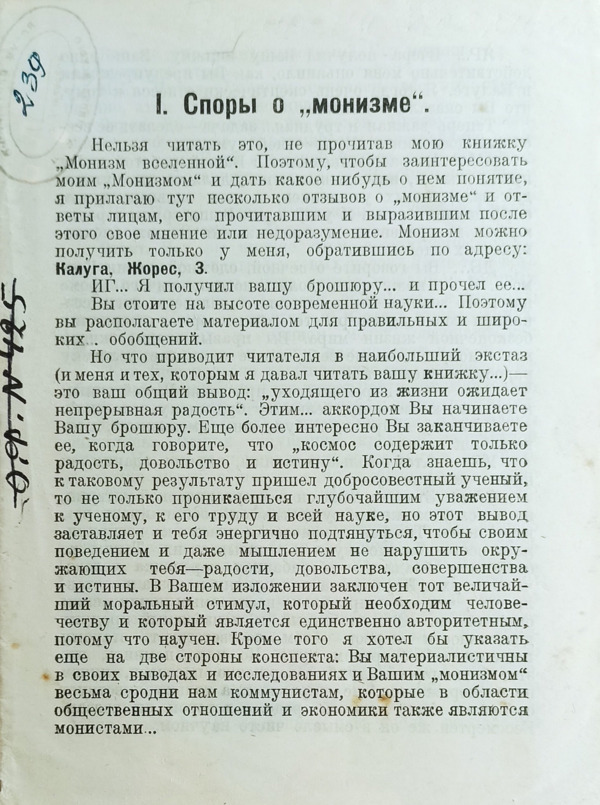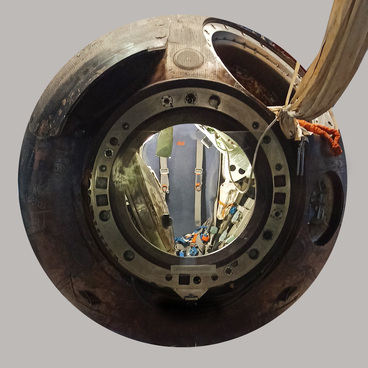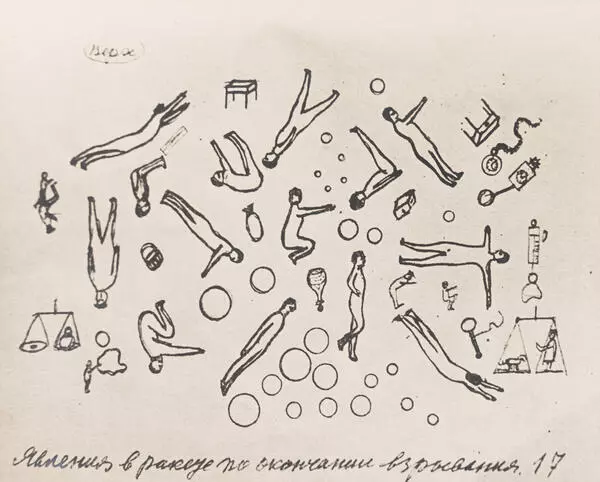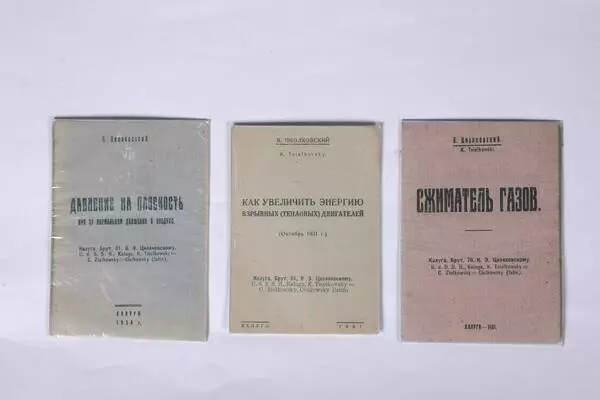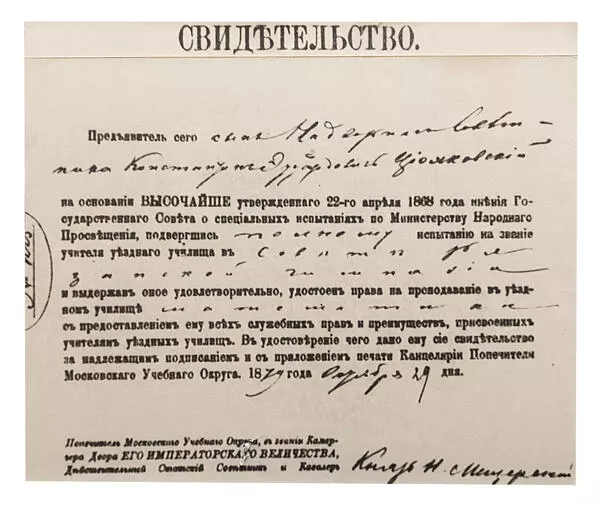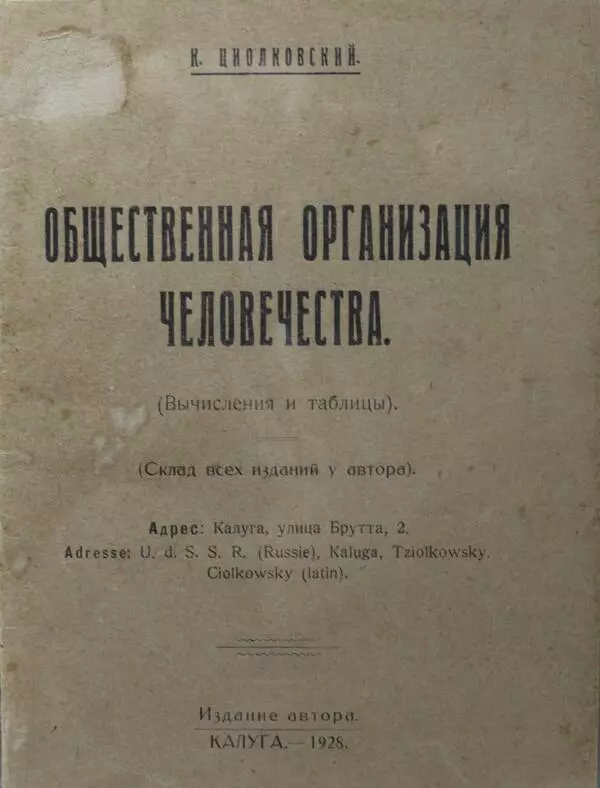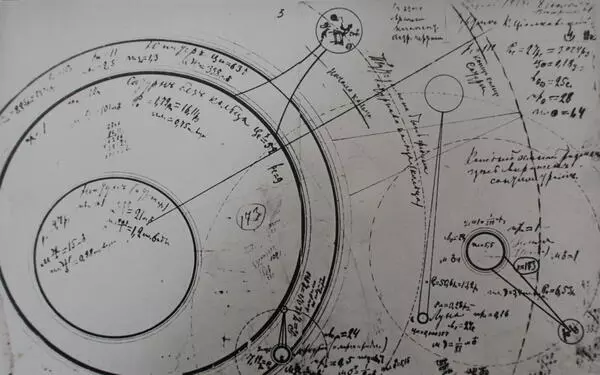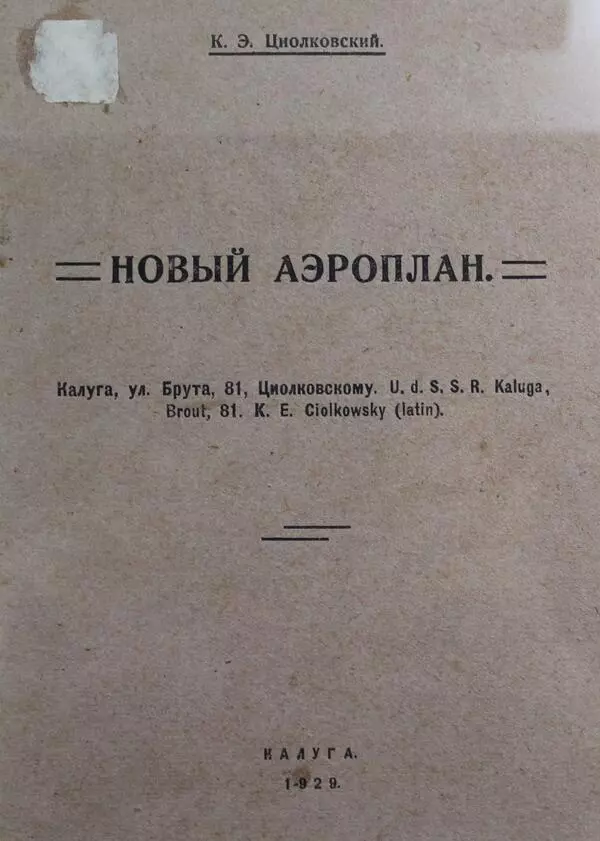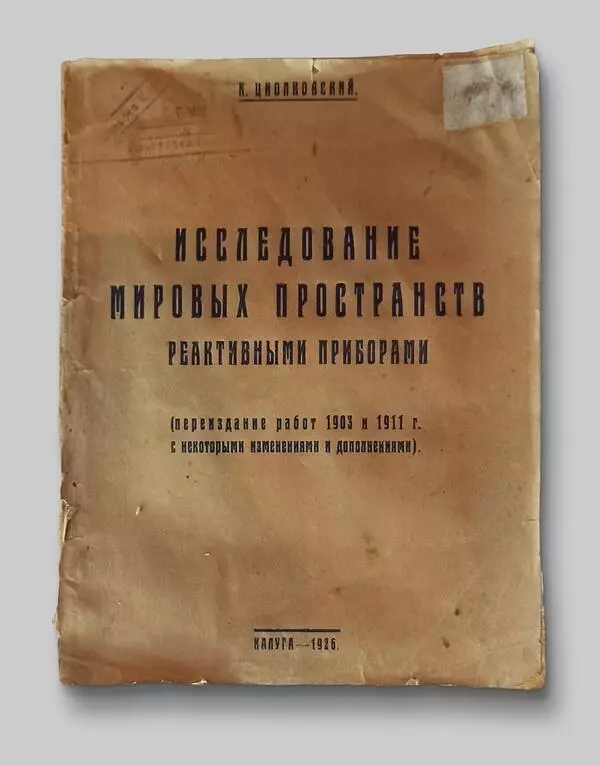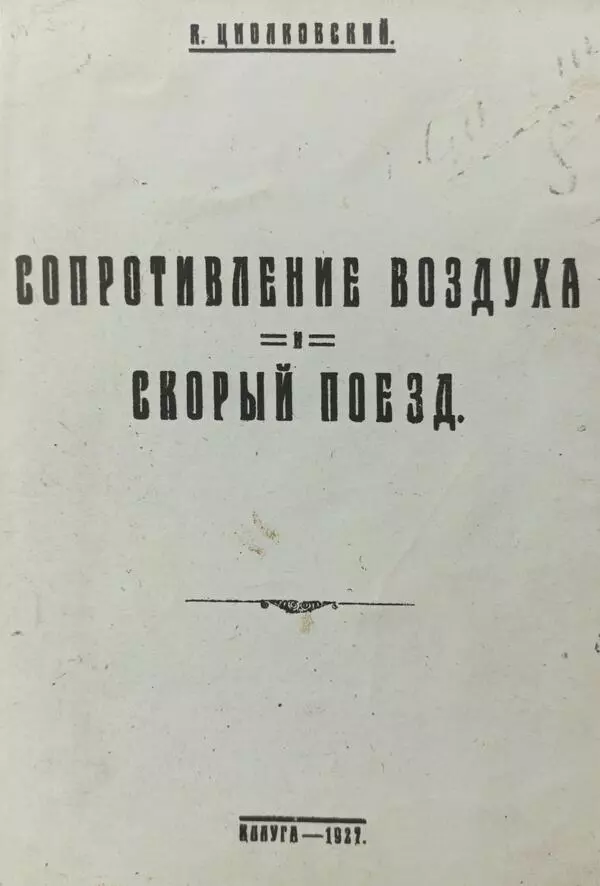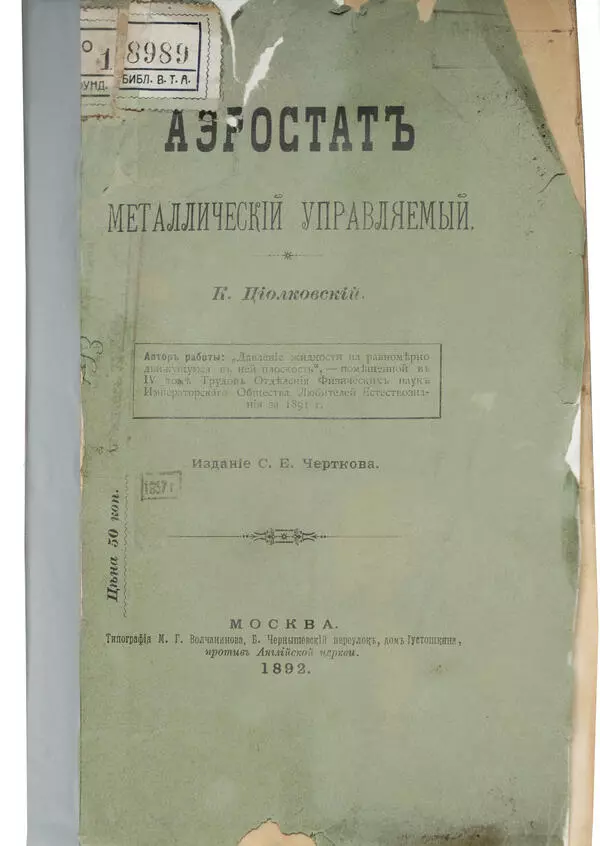Konstantin Tsiolkovsky has been recognized in the history of world culture and science not only as a founder of cosmonautics and rocket theorist, but also as an outstanding thinker and educator. He belonged to a group of Russian cosmists - a philosophical branch, which is characterized by an awareness of the unity, the interconnection of space and Earth processes, and also seeks the place of man in Space. Tsiolkovsky, together with Nikolai FyOdorov, Vladimir VernAdsky, Alexey ChizhEvsky and other thinkers, represented the natural science school of this doctrine.
One of the basic principles on which Tsiolkovsky’s views were based was monism. His ideas were developed by the scientist in his works from 1918 to 1935. His monist system became one of the largest attempts in history to unite spheres of existence that were traditionally divided: religion and science, individual and social, intellectual knowledge and practical activities.
Konstantin Tsiolkovsky believed that there is a single source of origin, existence and development of the universe, nature, man, society. This source is the Cause of the Cosmos, the divine essence, the supreme center of morality, the embodiment of world ideals. The entire boundless, most complex material space is its creation. It observes the development of the world and of man, but does not manifest itself in the lower stages of human development. However, in the development of a society there comes a moment when the person becomes able to communicate with the Cause, to receive its recommendations and advice, gradually emerges a single system of the world’s whole under the Cause. The principle of monism in this case points to the relationship between the material and the non-material, to their unity, to the possibility of communication, rapprochement and interaction.
Tsiolkovsky believed that by the way society is spread in the universe, one can judge about its development. It was from this perspective that the scientist looked at the prospects of the development of society. The relationship between man and space will gradually emerge, in which man will begin to explore the universe. In doing so, society must not only use its resources, but also destroy the depraved qualities of human nature - aggression and ignorance. Only then can the Cosmic Man become a true citizen of the universe.
One of the basic principles on which Tsiolkovsky’s views were based was monism. His ideas were developed by the scientist in his works from 1918 to 1935. His monist system became one of the largest attempts in history to unite spheres of existence that were traditionally divided: religion and science, individual and social, intellectual knowledge and practical activities.
Konstantin Tsiolkovsky believed that there is a single source of origin, existence and development of the universe, nature, man, society. This source is the Cause of the Cosmos, the divine essence, the supreme center of morality, the embodiment of world ideals. The entire boundless, most complex material space is its creation. It observes the development of the world and of man, but does not manifest itself in the lower stages of human development. However, in the development of a society there comes a moment when the person becomes able to communicate with the Cause, to receive its recommendations and advice, gradually emerges a single system of the world’s whole under the Cause. The principle of monism in this case points to the relationship between the material and the non-material, to their unity, to the possibility of communication, rapprochement and interaction.
Tsiolkovsky believed that by the way society is spread in the universe, one can judge about its development. It was from this perspective that the scientist looked at the prospects of the development of society. The relationship between man and space will gradually emerge, in which man will begin to explore the universe. In doing so, society must not only use its resources, but also destroy the depraved qualities of human nature - aggression and ignorance. Only then can the Cosmic Man become a true citizen of the universe.

